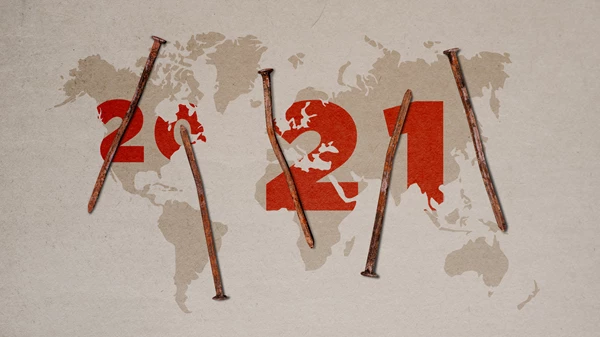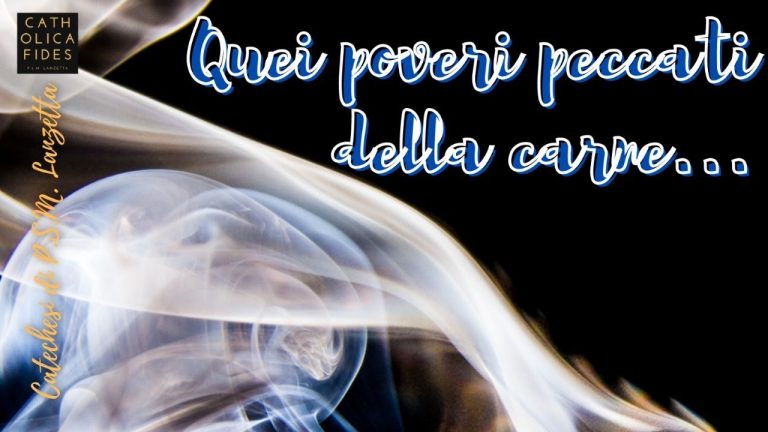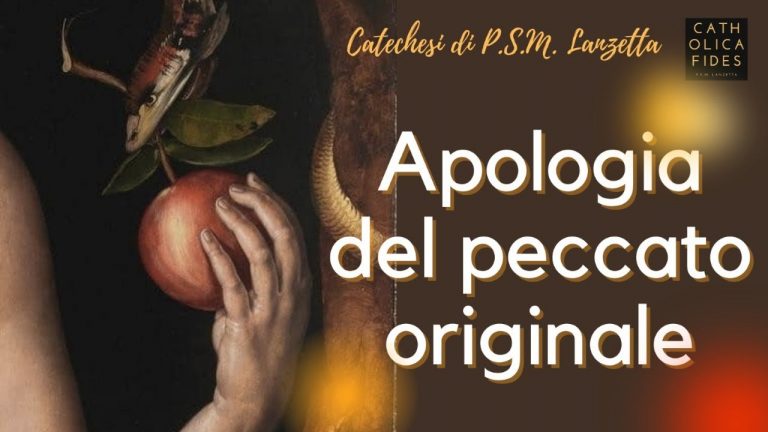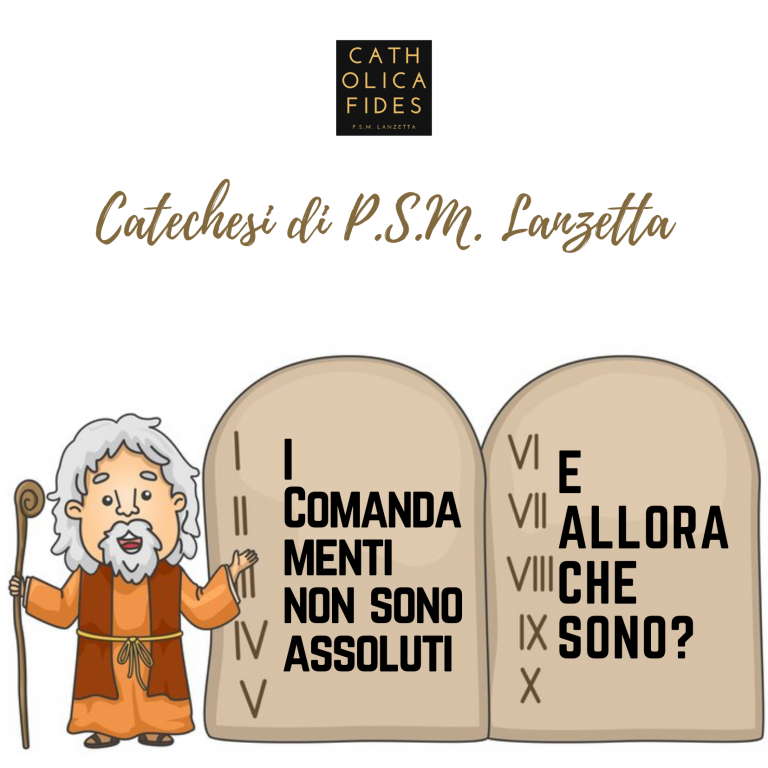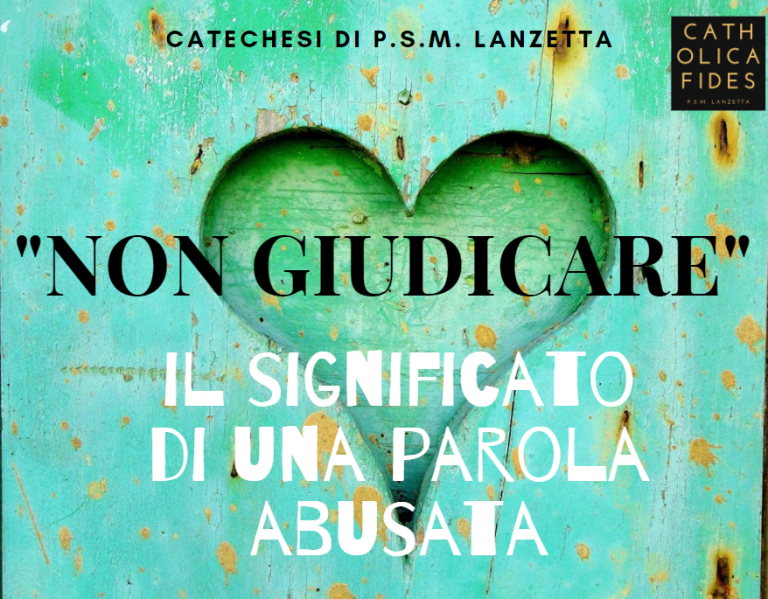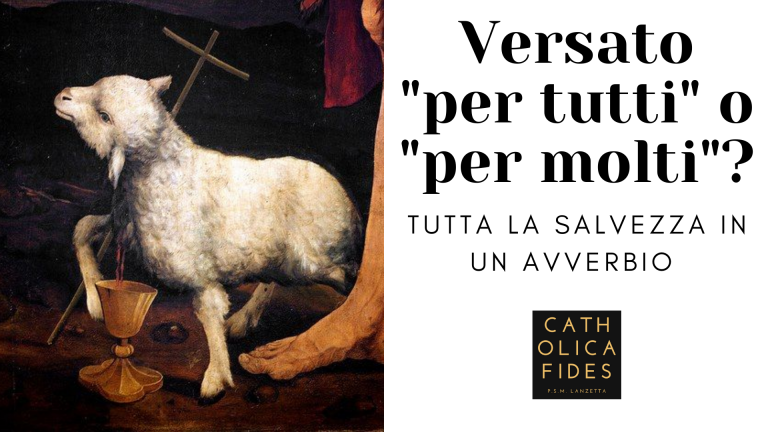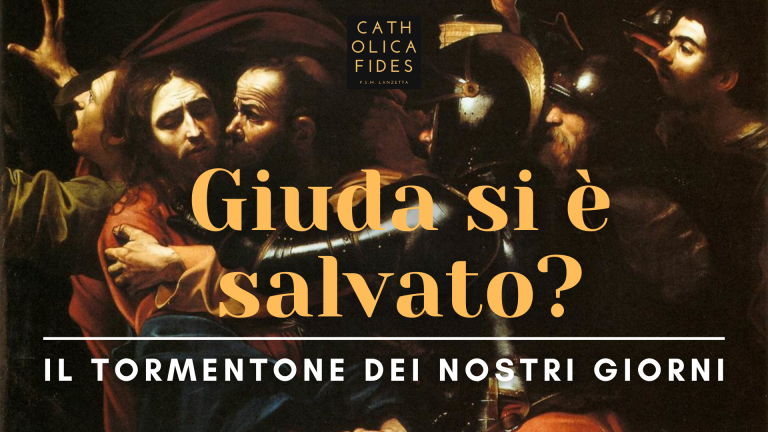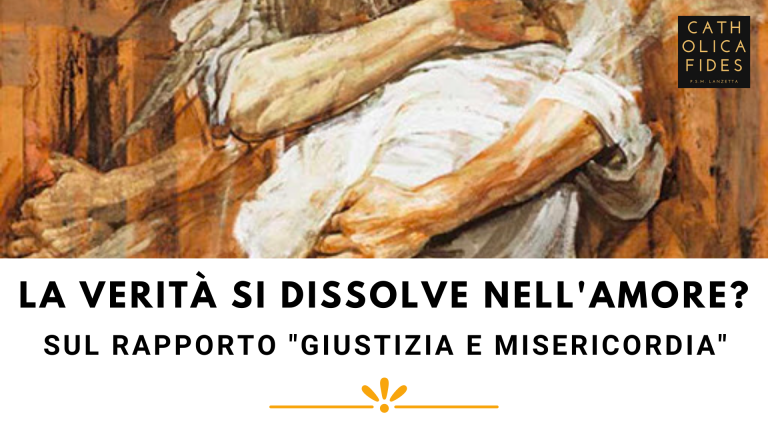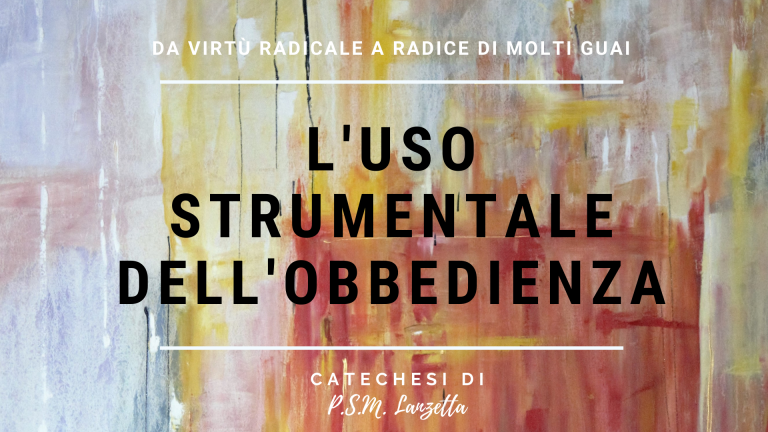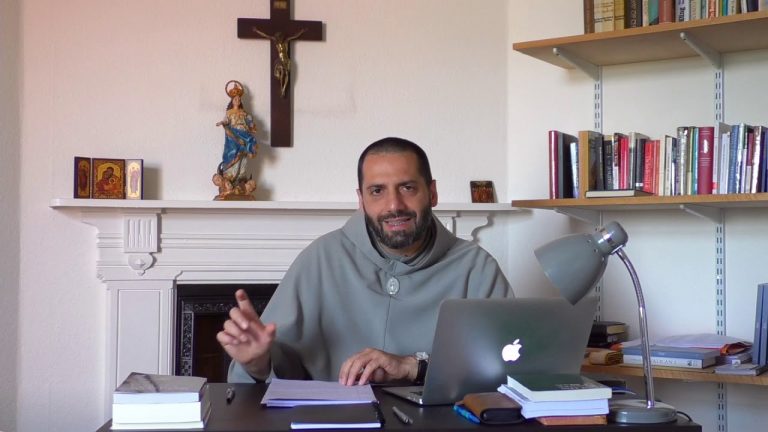By Fr Serafino M. Lanzetta
One of the prayers taught by the Angel of Fatima in 1916 to the three little shepherds goes this way: “My God, I believe, I adore, I hope and I love Thee! I beg pardon for all those that do not believe, do not adore, do not hope and do not love Thee.” My God I believe! Without faith, the beginning of our supernatural life, there is no adoration neither hope. What is faith? The Catechism (no. 143) teaches that
by faith, man completely submits his intellect and his will to God. With his whole being man gives his assent to God the revealer. Sacred Scripture calls this human response to God, the author of revelation, ‘the obedience of faith’.
However, it’s necessary to purify our intellect and will to be able to believe in God. In fact, if my soul is still governed by my senses and by emotional feelings and judgments or by things pleasing exclusively my flesh, it’s hard to believe in God. True faith requires the death of my senses and of my carnal inclinations. This especially in times of distress and social calamity, such as the present epidemic, when it’s even more difficult to decipher God’s presence and will. Although true faith is never a blind renunciation of the reason and of a prudent discernment, it should always be naked, to use the expression of St John of the Cross, or pure as defined by St Louis Grignion de Montfort, namely without any human attachment. True faith is not compromised with our desire to find always a propitious God – One who helps us whenever we need Him, but Whom we are ready to forget once the danger is over. True faith is rather seeking God unceasingly, even when unbecoming events and hardships contribute to hide Him more or to render the search for Him irrational. It might sound surprising, but true faith is nothing other than a continuous search for God through all that conceals, disfigures, destroys, and, so to speak, annihilates him. Is it not true that only by negating what God is in the way common to all beings we come to know what He is in a singular way?
A French Jesuit, Father Jean Paul de Caussade (1675-1751), presents the necessary requirements to believe in his work entitled Self-Abandonment to Divine Providence. Here is a text in which this principle of a true faith is explained:
The life of faith is nothing other than a continuous search for God through all that hides him, represents him badly and, so to speak, destroys and annihilates him. It is certainly the reproduction of the life of Mary, who from the stable to Calvary remains attached to a God whom everyone else struggles to recognise, abandons, and persecutes. In the same way, men of faith pass through and beyond a continuous succession of veils, shadows, appearances, and deaths, as it were, in which each thing does its best to make the will of God unrecognisable, but in spite of this they fulfil and love the divine will until the death of the Cross. They know that the shadows must always be abandoned in order to follow this divine Sun, which from its rising to its setting, however black or heavy the clouds that cover it may be, illuminates, warms, and makes shine with love the hearts of the faithful, who bless him, praise him, and contemplate him in all the points of his mysterious orbit.
This teaching corresponds to what St Louis Grignion de Montfort (1673-1716), a contemporary of Fr de Caussade, calls “pure faith”, full of contradictions and repugnance, which the servant of Mary often undergoes, leaving to the heavenly Mother, Sovereign Queen, the clear vision of God. It is the Virgin who with her own supports that faith which lacks the sensible perceptions of her devoted son and who supplies in times of darkness. This is therefore participating in Our Lady’s perfect faith. Father de Montfort writes:
Leave, O poor little slave, leave to your Sovereign the clear vision of God, the transports, the joys, the pleasures, the riches, and take for yourself only pure faith, full of listlessness, distractions, boredom, aridity; and tell her: ‘Amen, So be it, to all that You, my Mistress, do in Heaven: for now that is the best that I can do’ (The Secret of Mary, no. 51).
How is our faith? Are we ready to embrace God’s will until our spiritual death of the Cross, or are we eager to abandon Jesus as soon as things turn in a way that is unpleasant? Are we, in this present difficult time, still believing in God as Church, or are we rather believing in ourselves, in the all-powerful science and technology? Are we not seduced by the sole power of the vaccine, that has almost become a quasi-dogma, to be either exalted as the panacea for all problems or rejected as the most subtle plot for the numbing of consciences? Just reflecting on this epidemic-pandemic caused by Covid-19, we can certainly say that our response of faith, as pastors and faithful, was inadequate, too human, too NHS focused. The image that is so imprinted in my memory is the fact that in most churches Holy Water has disappeared, and right in the Holy Font the sanitizer has been allocated. Is there not a possible way to spray Holy Water in a Covid safe mode as we do with the gel?
Health protocols have got their indisputable precedence over our moral capacity to judge this situation and to be respected for a moral stand that may either accept the vaccine for its moral liceity – as confirmed by the Congregation for the Faith – or refuse it for a genuine though non-obligatory matter of conscience. The latter should of course not be a pretext to fall into libertarianism, but an ethical-moral choice, especially in relation to the crime of abortion, the state of necessity and the efficacy of the vaccine. Between those in our Church who have received the vaccine and those who have not there is no dialogue at all. They seem to be eternal enemies. No charity is reserved to this affair, splitting us more than previous heresies have done in the past. Yet, the vaccine is not a dogma nor is it a doctrine. What is relevant in a moral judgment is man’s moral action choosing the vaccine.
Where is our supernatural vision? Where is God in all this? Where is here our search for the will of God above all other things? It seems that we are so advanced not only technologically but also morally that God has no role to play at this moment. We act in fact as if He did not exist. Our faith is very much carnal and interested.
My God I believe, I adore… The Angel of Fatima taught this prayer also in reparation for this tragic loss of faith that unfolds today as liquid apostasy. We should start believing in God with a pure faith, able to see Him beyond this pandemic, permitted by Him to purify our lives. Can we say that this present calamity is above all a chastisement of our own intelligence, too proud to see beyond itself and to leave some space for God’s intervention? After all, many people think that since the virus was fabricated in China and the vaccine was planned ahead with the virus, so to speak of God’s Providence in this context would be diminishing its worth. Is all this, however, not leading into a deistic vision of God? Another way to forget Him and leave Him out of a mere human play.
In this confusion of our minds, like a new Tower of Babel in the Church, we are asked to go back to a pure faith and to start to believe. We need Our Lady’s faith. By Her Faith the Son of God was formed first in Her mind and then in Her womb. For Her faith God is man and is with us. May Her Fiat be spoken today for us and within us. Amen.

